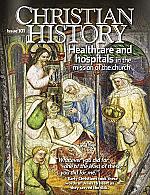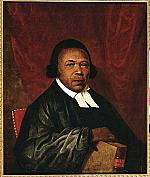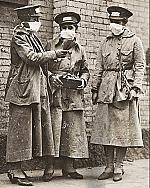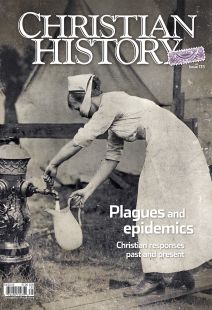Isolation, blessings, and questions
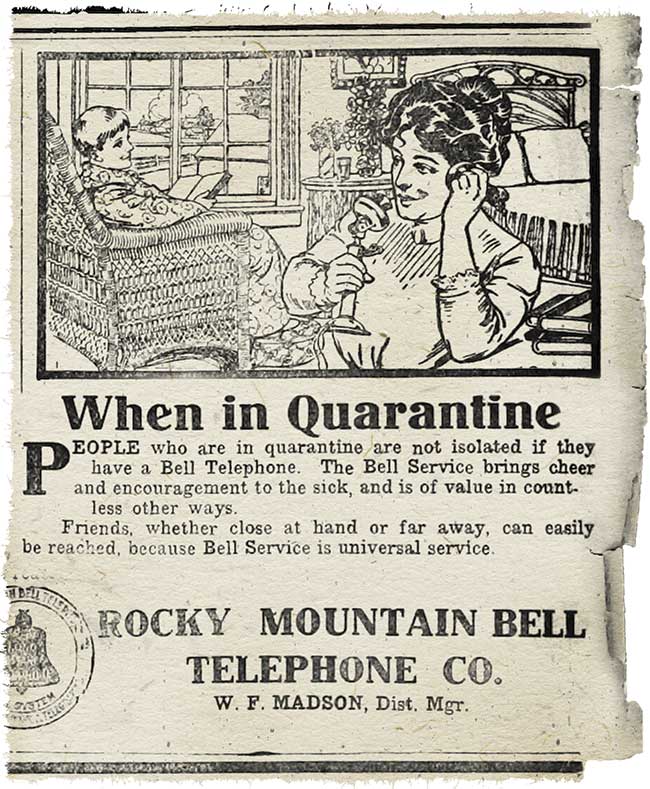
[The Evening standard. [volume] (Ogden City, Utah), 10 Jan. 1911. Chronicling America: Historic American Newspapers. Lib. of Congress.]
BEING AT HOME feels safe. I have not been to a store for seven weeks. I have seen a pair of ladder-backed woodpeckers hollow out a limb and bring food to the nest hole, from which I hear crickety peeping. I have groomed the rainbow of pansies in the tub. Working at home feels comfortable but lonely, free but disoriented, sustaining but irrelevant. The house is silent except for the dog licking her bowl. Sometimes I put her in the car, and we drive to a pond nearby to sniff the air. Sometimes I think to turn on music.
I bake bread. When a Zoom meeting suddenly ends, I’m shocked, and sometimes I cry. At night I write in my journal, listing flowers, birds, texts, zooms, Facebook chats. On TV I watch music, natural science, and home renovations. At first I watched the news, but now I mostly read it. I want to read poetry and field guides, and pray, and puzzle over what work God has for me to do next. —Carisse Berryhill, professor of library science and special collections librarian, Abilene Christian University, Abilene, Texas
BEING ABLE TO BUILD relationships, disciple, and outreach have been big struggles during this time. I’m a firm believer in the church being a community, and that is difficult to live out right now. Digital communication can help maintain those relationships, but nothing can replace face-to-face interactions and living life together. However, I am appreciative of how the saying “The church is not a building” has been forced into reality. —Robert Keith, software engineer, Richmond, Kentucky
ONE OF THE MOST AWKWARD questions for me has been not “Why?” but “Why not?” I can’t help looking at history’s darkest moments—the Holocaust, the Great Depression, or the devastating famines in North Korea, to name a few recent examples—and asking if those people were really worse people than we are. Christ himself, in Luke 13:1–5, suggests this isn’t where our thoughts should be going. “I am telling you your story, not hers,” Aslan says in The Horse and His Boy. We help others, yes. But the only heart we can truly change is our own.—John Stanifer, tutor and librarian, Kokomo, Indiana
I AM an ordained minister leading a nonprofit that advocates for those affected by mental illness. The COVID-19 crisis has impacted both worlds and, for me, brought them together. The pandemic has taught us in practice what we always knew theologically: the church is not a building. We can worship and fellowship virtually; we can tithe electronically. But how do we fulfill our mission to defend the vulnerable, such as those affected by mental illness? Coronavirus brings worry to us all; to those already dealing with anxiety, it can be excruciating. Social distancing can become social isolation, worsening depression. For Christians there can be the added pressure of feeling that mental illness is lack of faith. The church must reject stigmas surrounding mental illness and minister to sufferers as it would to those with any illness. Advocacy for those affected by mental illness is an ethical imperative deeply rooted in our historical struggle for social justice. —Garry Crites, executive director, The National Alliance on Mental Illness AMI North Carolina
PANDEMICS ARE a time of change, uncertainty, fear, and scarcity. My first instinct is to hide and “wait for it to be over,” even as more rational parts of me realize life may be permanently different than before. My faith has been a cocoon, a haven from the outside chaos where I’ve been gently held. But as things continue, I’m realizing this slowed-down, liminal time might also create unexpected spaces for growth, healing, and transformation. I know God sits with me in the darkness, but my prayer now is that perhaps some new seeds have been planted and may come to fruition when I can once again find the light. Oh, how I hope so! —Tracey Herzer Huston, writer and educator, London, Kentucky
"GOD WILL WIPE every tear from their eyes.” I am longing for that day more than ever. I long for the day when God’s children will be restored and God’s Creation made new. I long to be able to worship my Creator face-to-face. I long for the restlessness in my soul to be soothed by the promise that God’s timing is perfect. I am learning the value and significance of so many things
I took for granted: shaking the hand of a new acquaintance, embracing an old friend, a family meal at a restaurant. May the “little” things never again be insignificant.—Matthew Woodcock, elementary educator, Illinois
NATURE is capricious. For all our words about its spiritual magnificence, nature, of which this virus is a part, is not concerned with the merit system, with how things “should” be. In the midst of this pandemic, I reflect on Jesus’s preaching in Matthew where he tells us the sun rises on the evil and on the good, and rain falls on the righteous and on the unrighteous. He says this after he commands us to love. As our ideas, rules, and sense of how the world should work have been upended, I’ve become more aware of our call, as the church, to respond—to needs, to fear, to capriciousness, and even to death—with love. I’m reminded of just how hard Jesus’s command to love is when there’s not a clear way forward into how things used to be. Maybe the way forward is simply by asking, “How can I help?” to ourselves, to others, and to God. —Laurie Brock, rector, St. Michael the Archangel Episcopal Church, Lexington, Kentucky
THE ROCK-SOLID faith I thought surrounded and directed my days seems to ebb and flow with the tides of news telling me to hurry up and slow down. Medical opinions about the coronavirus bouncing around the Internet influence my confidence and moods. The pandemic forces me to look at myself through the mirrors of my mind and is the fountainhead of regular identity check-ups. Am I a child of God resting under God’s wings, or merely a Jesus-follower stretched to her limits by zooming relationships and group email discussions, or just a woman in need of a lot more grace—self grace, the grace of others, the grace of God? My solace and blessing in these fast-slow times, what lights up my heart and soul, is when I appreciate this time to enter, dwell, and embrace the promise of abundant life reflected in nature as it heals and we wait. —Rebecca A. Giselbrecht, research associate at Vancouver School of Theology and minister in the United Church of Canada
Unaccountable April (4.30.2020)
A sad goodbye to strange April and our God-blessed isolation
surely not the cruelest month, whatever T. S. Eliot’s spleen said.
All these unexpected gifts. The million birds and five deer and the turtles on the logs
and the geese who took over the park and the fresh green buds and what they promise(d),
the hundred miles, walking after work,
freezing through three layers in the snow and dripping with sweat in the pale sun,
each step completely new from any ever before.
Stopped by police on a snowy evening for walking too late too near the woods,
lying down in thick monastery grass chanting thanks for Venus, the moon, and the Milky Way,
finding a way to be still enough for the deer to come close
and the mother robin finally to let me watch.
Cardinals!
No way to calculate and say x is worth y, because
suffering is everywhere and in everything.
Only this, I will always remember you April.
Welcome Lady May.
—Joe Ricke, professor of English, Taylor University, Upland, Indiana
By Readers
[Christian History originally published this article in Christian History Issue #135 in 2020]
Next articles
Plagues and epidemics: Recommended resources 135
We searched through past CH issues and current academic bibliographies to bring you this list of new and classic books for understanding plague and Christian responses
The editorsOur scattered leaves
We end with another reflection from a member of our staff about how our current moment compares to Christian history
Edwin Woodruff Tait“The Lord brought all this dying”
"Some of our friends are dying others flying" from yellow fever
Barton Price“The sickness of others”
The flu pandemic of 1918–1919 swept through crowded neighborhoods.
Janine Giordano DrakeSupport us
Christian History Institute (CHI) is a non-profit Pennsylvania corporation founded in 1982. Your donations support the continuation of this ministry
Donate



